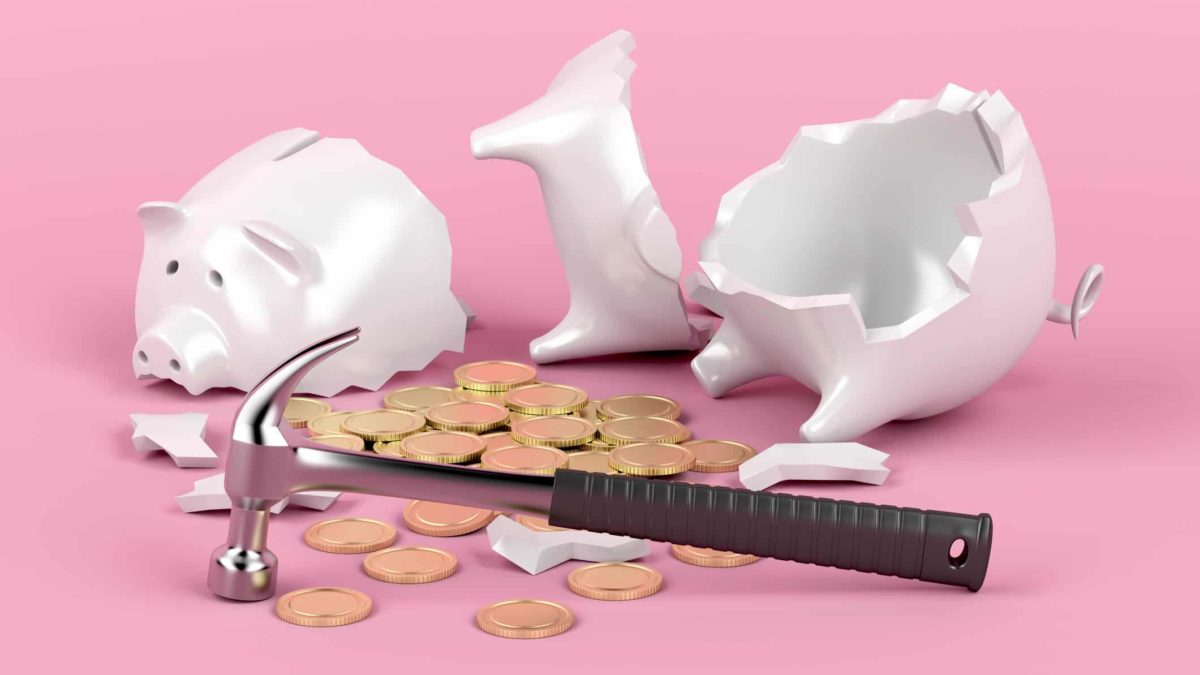Inflation in Australia is on the way up, which could have dire consequences for growth shares.
The Australian Bureau of Statistics on Wednesday revealed the consumer price index (CPI) rose 0.9% in the December quarter.
This meant the annual inflation rate has now been dragged up from 0.7% to 0.9%.
"The December quarter CPI was primarily impacted by an increase in tobacco excise and the introduction, continuation and conclusion of a number of government schemes, including child care fee subsidies and home building grants," said ABS head of prices statistics Michelle Marquardt.
Tobacco prices went up 10.9% and child care a whopping 37.7%. Domestic holiday travel costs also headed up 6.3% as state borders opened up for a while.
The danger here is that rising inflation will prompt the Reserve Bank of Australia to consider raising the cash rate.
Why rising inflation could eat us alive
Forager Funds chief investment officer Steve Johnson earlier this month predicted 2021 would "be a difficult year" for exactly that reason.
"If we're ever going to see pressure on interest rates going up and inflation, it's going to be over the course of the next two years," he said.
"I think that's the big risk for financial markets of all sorts out there, that interest rates start to pick up over the next few years and that people start looking at 5% and 6% returns on equities and saying 'Well, I can get 3% on a bond portfolio now. I want more."
As well as the rate rise, the current danger is that so many investors have put money into the market with an assumption that low rates would last forever.
This is especially the case for growth stocks, where investors have relied on future earnings to justify high valuations.
"There are theories, from ageing populations to technological improvements and low cost labour substitution, that explain low inflation or even deflation as a permanent feature of the developed world," said Johnson.
"I don't have a strong view that those theories are wrong. But I know that when the whole market thinks something can't possibly happen, the consequences of that assumption being wrong are significant."
But maybe it's nothing to worry about this year
Precisely because of these risks, other experts think the Reserve Bank would be reluctant to put rates up any time soon.
"The central banks are unlikely to allow a repeat of the 'taper tantrum' that caused the market to fall over in October 2018, so we can probably relax for this year at least," said Marcus Today director Marcus Padley last week.
AMP Capital economist Shane Oliver predicted RBA governor Philip Lowe to "stay the course" in his "the year ahead" speech next month.
"A shift to hawkishness now would be inconsistent with the RBA's commitment to focus on the achievement of actual inflation sustainably at target."
He thought the RBA would eventually raise rates but there are too many reasons not to pull that trigger in 2021.
"While the jobs market has improved faster than expected, we are still a long way from full employment. Jobs growth is likely to slow a bit in the months ahead with some jobs (eg travel related) taking longer to return and some (eg in parts of retail) likely to never return again," said Oliver.
"The end of JobKeeper in late March will create a bit of apprehension (not that I expect much impact), coronavirus still has the potential to create upsets in the short term with uncertainty remaining how effective vaccines will be, [and] the strong Australian dollar is maintaining pressure on the RBA to extend quantitative easing."









